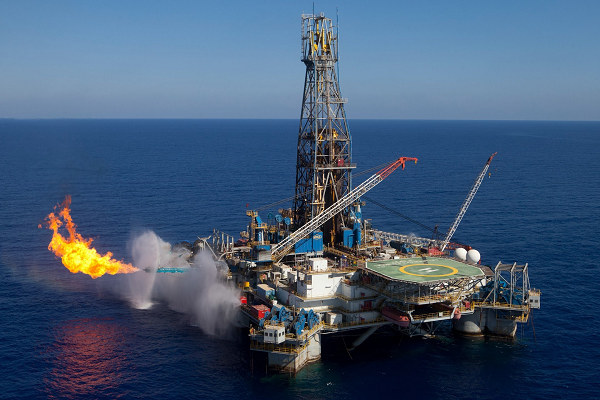Ghana’s crude oil sector is facing mounting pressure as production continues to decline for the fifth consecutive year, according to the latest report by the Public Interest and Accountability Committee (PIAC).
The country’s output fell to 48.25 million barrels in 2024, down from a peak of 71.44 million barrels in 2019 — a troubling trend that signals deeper challenges within the petroleum industry.
Though the year-on-year drop in 2024 was marginal, averaging just 0.01 percent, the broader pattern reflects an annual average decline of 7.4 percent over the past five years. This sustained dip is raising red flags about the long-term viability of Ghana’s upstream petroleum operations, especially as oil revenues remain a vital source of funding for government programs.
Beyond falling production, PIAC’s report reveals worrying gaps in petroleum revenue management. The Ghana National Petroleum Corporation’s subsidiary, GNPC Explorco, failed to deposit US$145.68 million from oil liftings into the Petroleum Holding Fund in 2024, as required by law. This adds to a growing backlog, bringing the total withheld amount by JOHL and GNPC Explorco to nearly US$489 million.
GNPC continues to argue that proceeds from Explorco are exempt from PHF contributions — a claim PIAC has consistently rejected. The committee is urging greater transparency and legal clarity to prevent further breaches and ensure public trust in the management of oil revenues.
The report also exposes a persistent problem with surface rental arrears owed by international oil companies. As of December 2024, the government is owed US$2.89 million in unpaid fees. Alarmingly, about 60 percent of this debt is tied to three companies whose contracts were cancelled back in 2021, raising fresh concerns about weak enforcement and the state’s ability to recover lost revenues.
As production wanes and financial oversight falters, the need for urgent reforms in Ghana’s petroleum sector is becoming increasingly apparent.
Get full report here


